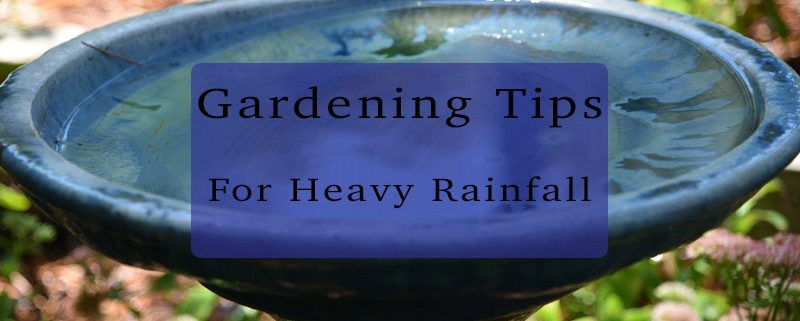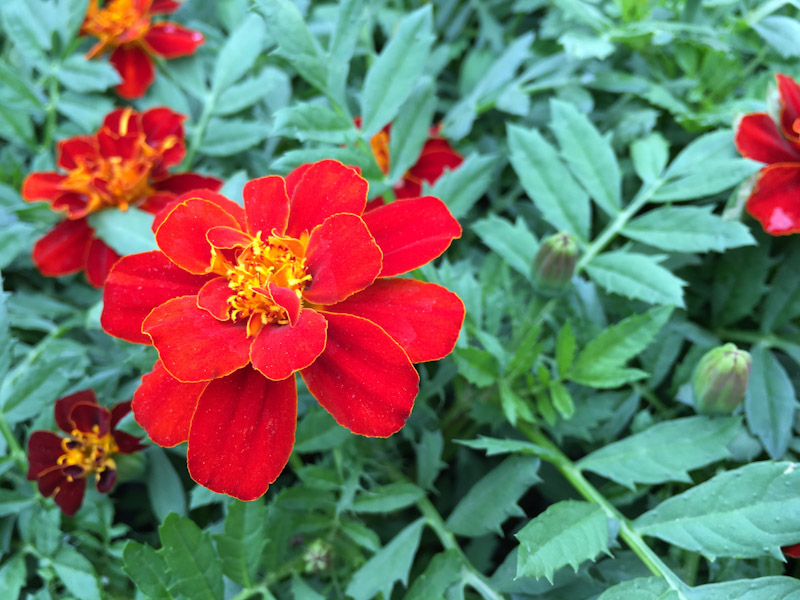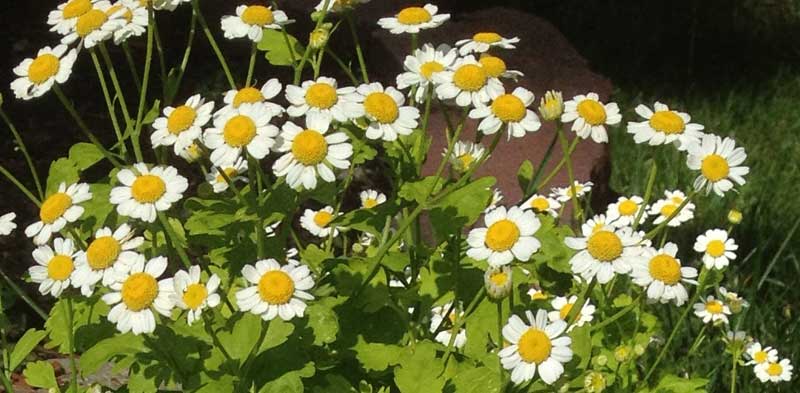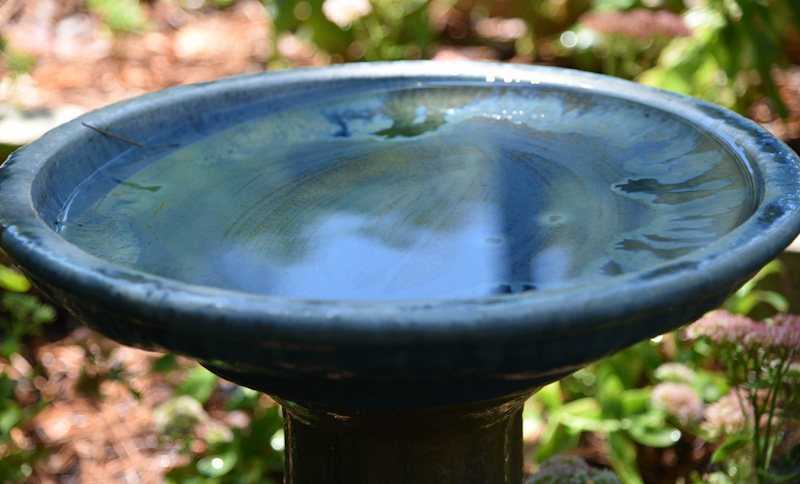Gardening Tips For Heavy Rainfall
Cary, NC – You may have noticed Cary has been getting a lot of rain lately. While that’s not fun for us, it’s even less fun for your garden, with heavy rain and wet weather opening it up to all kinds of damage and disease. Here are some tips on how to handle your garden when the rains come.
Good Soil Sense
If you are an avid gardener, you will always have an eye on the weather forecast from day to day. If rain is coming, don’t water your plants and turn off your irrigation. And during and directly after rain, don’t start back up.
Now, after the rain comes, there is going to be a lot of wet and possibly muddy soil around your garden. Avoid walking in the mud. It doesn’t just ruin your shoes and your carpet but it adds to soil compaction and contributes to further damage and risk to your plants. And definitely don’t plant anything in wet or muddy soil.
With your garden that is already in wet dirt, you need to start being vigilant for soil compaction. Soil compaction is stress put on the ground by external forces that can displace the oxygen in the soil that your plants need. Attack the problem from two fronts: One, use mulch or other ground covers on top of the soil to reduce the compaction. And two, go inside the soil and make small holes to aerate it.
If you still don’t have enough drainage in the soil, use raised beds or mounds.
Spotting Plant Disease
Not only can heavy rain result in bad soil conditions for your garden, it can introduce a host of new diseases that threaten your plants.
Your main risks will come from fungi or mildew. Look for discolorations or spots on leaves. For fungi, you can use some fungicidal sprays but these will not be effective on large plants or trees. Prune any diseased stems and branches and move all debris far away from the plants. Even if they are on the soil, they can break down and infect more plants. And avoid pruning when leaves are still wet, as that can facilitate disease spread.
For mildew, sunlight and heat will eventually kill it off but you can also use organic fungicides, neem oil or other such treatments.
There are many more diseases that can affect your plants after heavy rain but keep an eye out for stunted growth, wilting, discoloration and other symptoms. Sometimes it may be too late when you notice, at which point you should remove the plant and put it far away as soon as possible, but early detection may save your garden.
Also, as we have all seen after wet weather, there will be more slugs out after the rain comes so get them out of your garden before they eat your plants.
With these tips, you can be more prepared when more rains come to harm your garden.
Story by staff reports. Photos by Hal Goodtree. The Gardening column is sposnored by Garden Supply Company on Old Apex Road in Cary.







Hal, Beautiful photos! If you can, save some of the red marigold and camomile daisy seeds for me? I can trade you a couple of perennial plants.. like some very cool black-eyed susan and some iris. Let me know & thanks for all the great articles and wonderful photos!